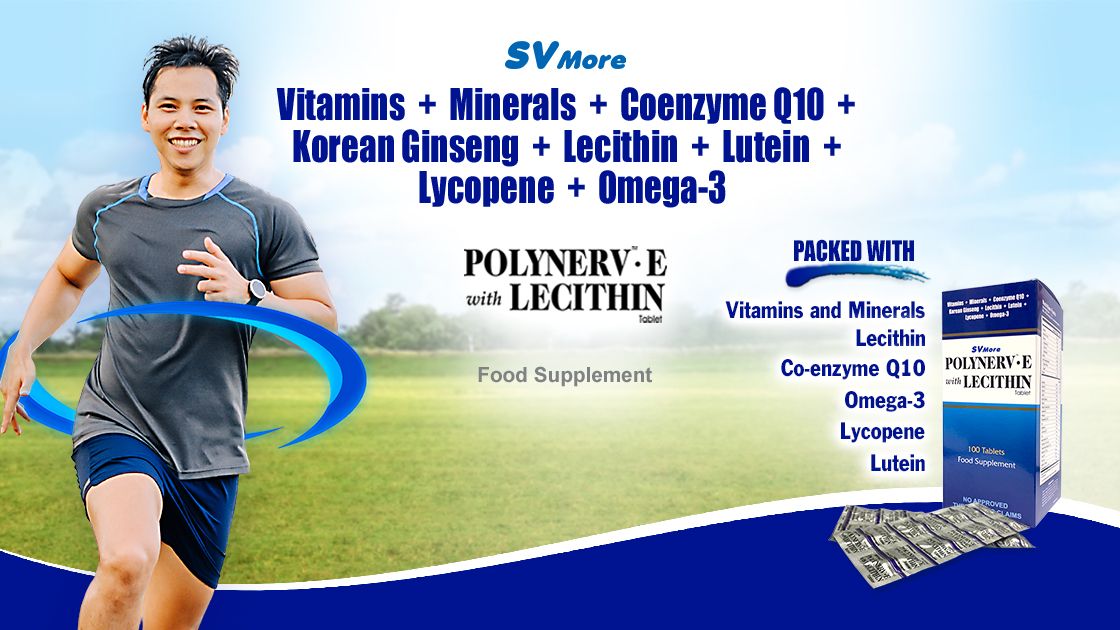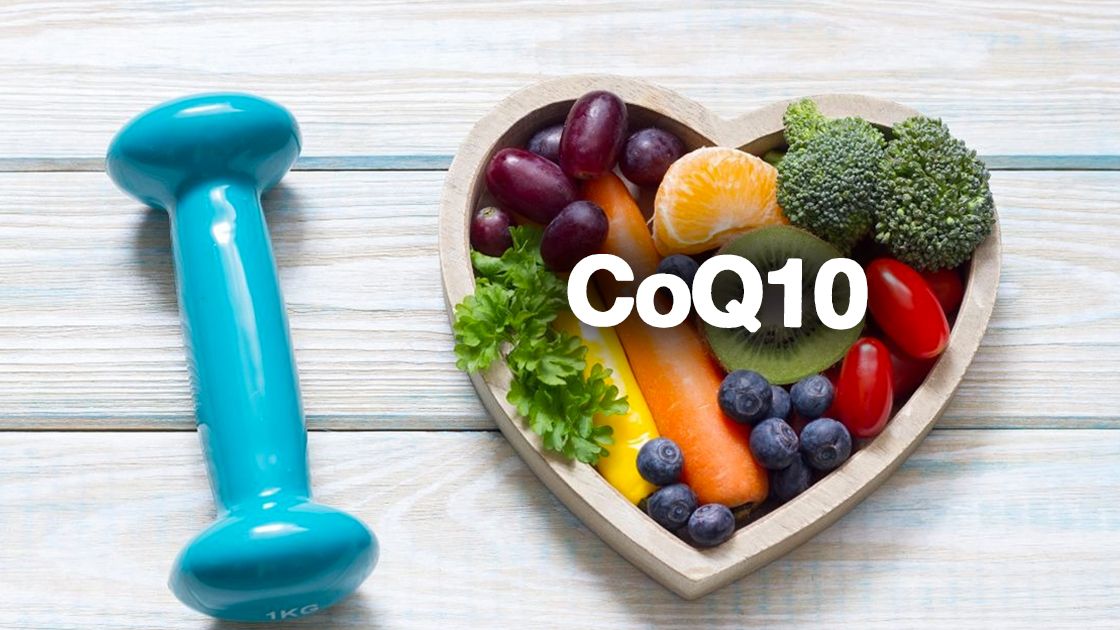What is Coenzyme Q10 or CoQ10?
CoQ10, a shorthand for Coenzyme Q10, is also known as Ubiquinone, due to its ubiquitous presence in every cell of the human body. Because it also possesses vitamin-like properties, it is also sometimes called Vitamin Q despite not being technically a true vitamin. As a coenzyme, CoQ10 works in concert with enzymes of the body by accelerating the efficient metabolism of nutrients.
CoQ10 is abundant in energy demanding cells to support the function of the mitochondria, the powerhouse of the cell. The highest concentrations of CoQ10 are reportedly present in the heart, liver, kidney and pancreas. Tissue levels of CoQ10 may decline in people who are advancing in age. Levels may not be enough when there is lack of intake of substances needed to produce CoQ10 and when the body is faced with increased requirements during illness.
CoQ10 also functions as a very powerful natural antioxidant that protect us against cell damaging effect of free radicals and various diseases.
Juan Hernandez-Camacho and his team of researchers from the Universidad Pablo de Olavide-CSIC-JA in Sevilla, Spain, and the National Institute on Aging and the National Institutes of Health in Baltimore, Maryland USA did a review of the studies done showing the numerous health benefits of CoQ10.
Role in cardiovascular health
The review discovered that daily supplementation with CoQ10 significantly helped in lowering elevated blood pressure. Short term daily treatment with CoQ10 was also seen to aid in the cardiac function of patients with heart failure. It improved ejection fraction (the fraction of blood being pumped by the heart per beat). Furthermore, CoQ10 also improved the blood vessel function in patients with heart failure.
Role in metabolic health and diabetes
The review also reported that CoQ10 supplementation had a mild but significant capacity to lower fasting plasma glucose levels in patients with type 2 diabetes.
In terms of lowering blood cholesterol, some reports suggested that CoQ10 is very effective in reducing blood triglycerides and lipoproteins. It was also observed that CoQ10 supplementation may benefit patients taking cholesterol reducing drugs called statins by reducing its common side effects such as muscle pain and cramping.
CoQ10 relieves migraine
In a review published in StatPearls, researchers Britanny Sood and Michael Keenaghan also found CoQ10 to be beneficial in terms of alleviating migraine.
The study found that supplementation with CoQ10 was three times more likely to reduce the number of migraines than placebo. It was also observed that low levels of CoQ10 were seen in individuals with migraine. In the treatment process, patients with CoQ10 deficiency experienced fewer and less severe headaches. CoQ10 was also shown to decrease migraine frequency in adult migraine sufferers.
CoQ10 and exercise performance
It was also found that supplementation with CoQ10 can help increase stamina during exercise, reduce fatigue, and improve exercise performance. CoQ10 was shown to decrease pain, fatigue, and morning tiredness in patients with fibromyalgia, a musculoskeletal disorder characterized by fatigue and problems in sleep, mood and memory.
Multivitamin preparations with CoQ10 are readily available in drugstores allowing anyone to enjoy its health benefits. It should always be remembered that a doctor must be consulted before taking any vitamins and food supplements.
References:
Hernández-Camacho JD, Bernier M, López-Lluch G, Navas P. Coenzyme Q10Supplementation in Aging and Disease.
Sood B, Keenaghan M. Coenzyme https://www.ncbi.nlm.nih.gov/books/NBK531491/
Coenzyme, CoQ10, Nutritional supplements


